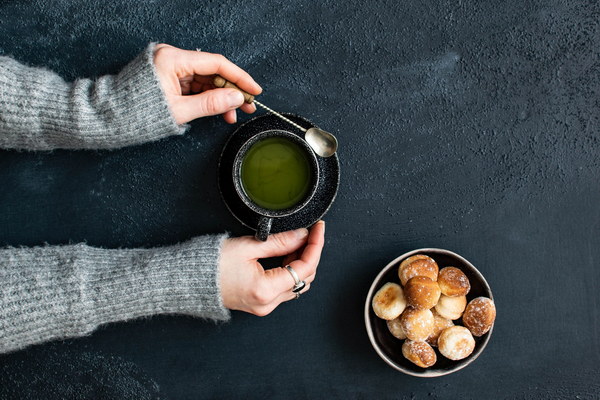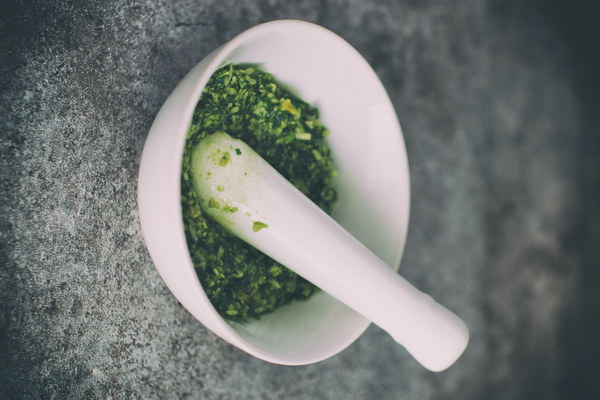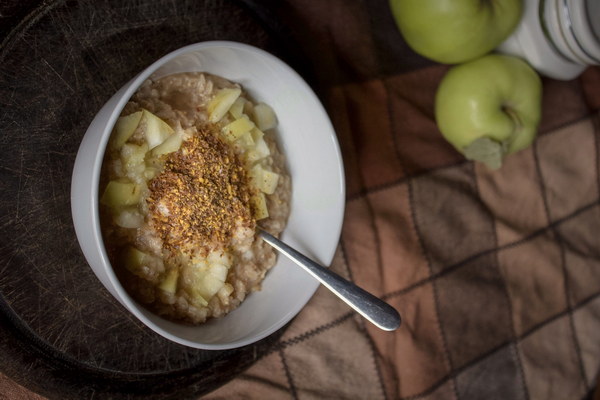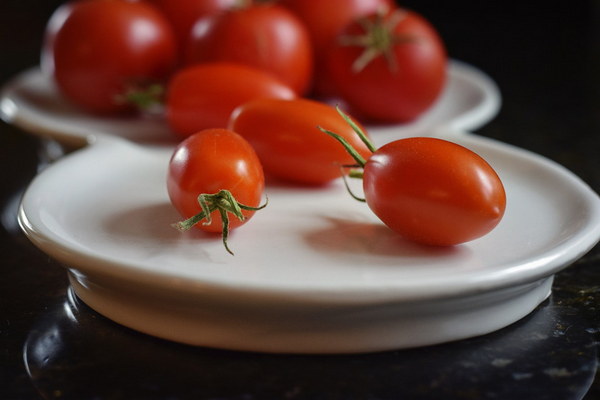Do Diuretics and Damp-Draining Herbs Cause Heat Unveiling the Truth Behind Traditional Remedies
In traditional Chinese medicine, the concept of dampness and heat is widely recognized and plays a significant role in the treatment of various diseases. Many people often wonder whether diuretics and damp-draining herbs can cause heat. This article aims to explore this topic, providing an in-depth understanding of the relationship between these herbs and heat generation.
Firstly, let's clarify what diuretics and damp-draining herbs are. Diuretics are substances that increase urine production, thereby helping to eliminate excess fluid and toxins from the body. Damp-draining herbs, on the other hand, are used to treat dampness-related conditions, such as edema, damp-heat, and damp-cold.
In traditional Chinese medicine, dampness is considered an internal pathogen that can lead to various diseases. It is often associated with excess fluid accumulation, poor digestion, and a weakened spleen and kidney function. Heat, on the other hand, is a result of an imbalance in the body's Yin and Yang, and it can manifest as fever, redness, and swelling.

Now, let's address the question: Do diuretics and damp-draining herbs cause heat? The answer is not a simple yes or no. It depends on several factors, such as the individual's constitution, the dosage of the herbs, and the duration of treatment.
In some cases, diuretics and damp-draining herbs can cause heat. This is particularly true for individuals with a hot constitution or those who are already suffering from heat-related symptoms. For these people, the diuretic effect of the herbs can exacerbate their heat condition, leading to an increase in fever, redness, and swelling.
However, in most cases, diuretics and damp-draining herbs are used to alleviate dampness and heat, not to cause heat. When prescribed appropriately, these herbs can help to remove excess fluid, improve digestion, and regulate the body's Yin and Yang balance, thereby reducing heat symptoms.
To minimize the risk of heat generation, it is essential to follow these guidelines:
1. Consult a qualified herbalist or healthcare professional before starting any diuretic or damp-draining herb treatment. They can assess your individual constitution and determine the most suitable herbs for your condition.
2. Use the herbs according to the recommended dosage. Overdosage can lead to adverse effects, including heat generation.
3. Monitor your body's response to the treatment. If you notice any heat-related symptoms, such as fever, redness, or swelling, inform your healthcare provider immediately.
4. Combine diuretics and damp-draining herbs with cooling and nourishing herbs to balance their effects. This can help to alleviate heat symptoms while still achieving the desired damp-draining effect.
In conclusion, while diuretics and damp-draining herbs can cause heat in certain individuals, they are generally used to treat dampness and heat-related conditions. By following the above guidelines and consulting with a healthcare professional, you can minimize the risk of heat generation and achieve optimal health benefits from these traditional remedies.









